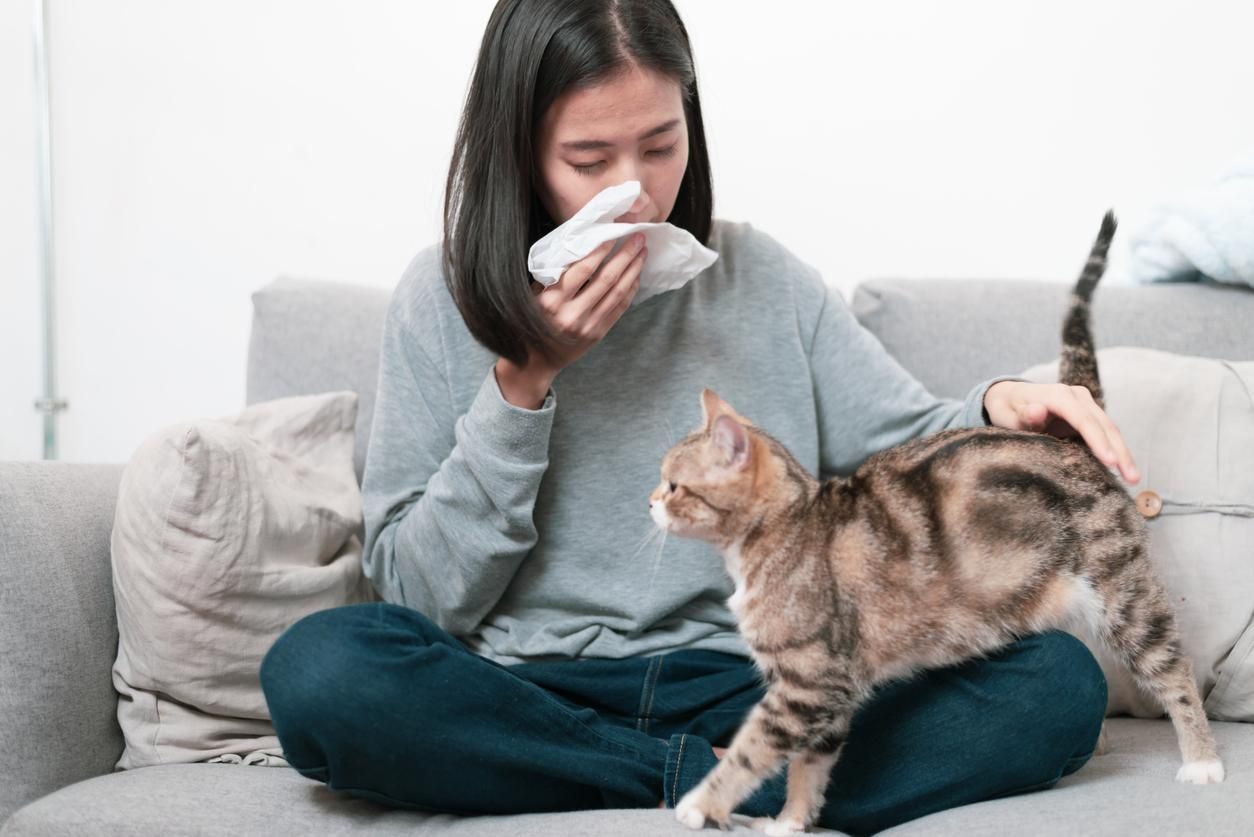Calls for Ukraine
Calls for Europe
Calls for USA

Scientists from the Medical University of Vienna have developed innovative technology to create a new class of recombinant vaccines designed to combat cat allergy. Worldwide, more than a quarter of the population suffers from this common problem, which is caused by specific proteins Fel d1, Fel d4 and Fel d7 secreted by the salivary and sebaceous glands of domestic cats. Cat allergy significantly reduces quality of life, causing symptoms ranging from mild nasal congestion to severe allergic reactions in patients, and controlling it has remained a challenge.
Existing vaccines have been created based on allergen extracts derived from animal hair, which does not allow for precise control of dosage. These preparations do not cover all important allergens, require multiple injections, and are often accompanied by undesirable side effects, which complicates the treatment process and reduces its effectiveness. That is why scientists set out to develop a more effective and safer remedy that could overcome the existing limitations.
The research resulted in the creation of the world’s first recombinant vaccine, which differs from traditional drugs in that it targets specific allergens Fel d1, Fel d4 and Fel d7. Specialists have identified the most significant regions of proteins – peptides that cause allergic reactions – and combined them with the PreS protein. This approach not only enhances the immune response, but also significantly reduces the risk of allergic complications by “neutralizing” the peptides. As a result, five different vaccine variants with different arrangements of peptides were obtained, which made it possible to select the most effective designs.
Tests conducted on rabbits showed that the new vaccines induce the production of antibodies capable of blocking up to 85% of reactions to cat allergens. This far exceeds the performance of current remedies, which produce a weaker immune response. In addition, the new drug requires only two injections, whereas traditional vaccines are usually administered six to fifteen times, making the treatment much simpler and more comfortable for patients. Based on these data, the two most promising vaccines have been selected and are already being prepared for human clinical trials.
Experts are confident that the new vaccine could be a real breakthrough in the treatment of cat allergy, making life easier for millions of people and reducing the burden on the medical system. At the same time, the innovative approach, based on pinpointing the main allergens and minimizing side effects, paves the way for the development of similar drugs for the treatment of other types of allergies. Clinical trials are expected to begin in the coming years to confirm the efficacy and safety of the vaccine in humans, after which it could enter widespread use.
Please rate the work of MedTour
